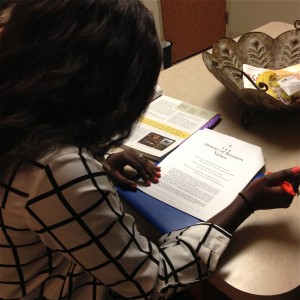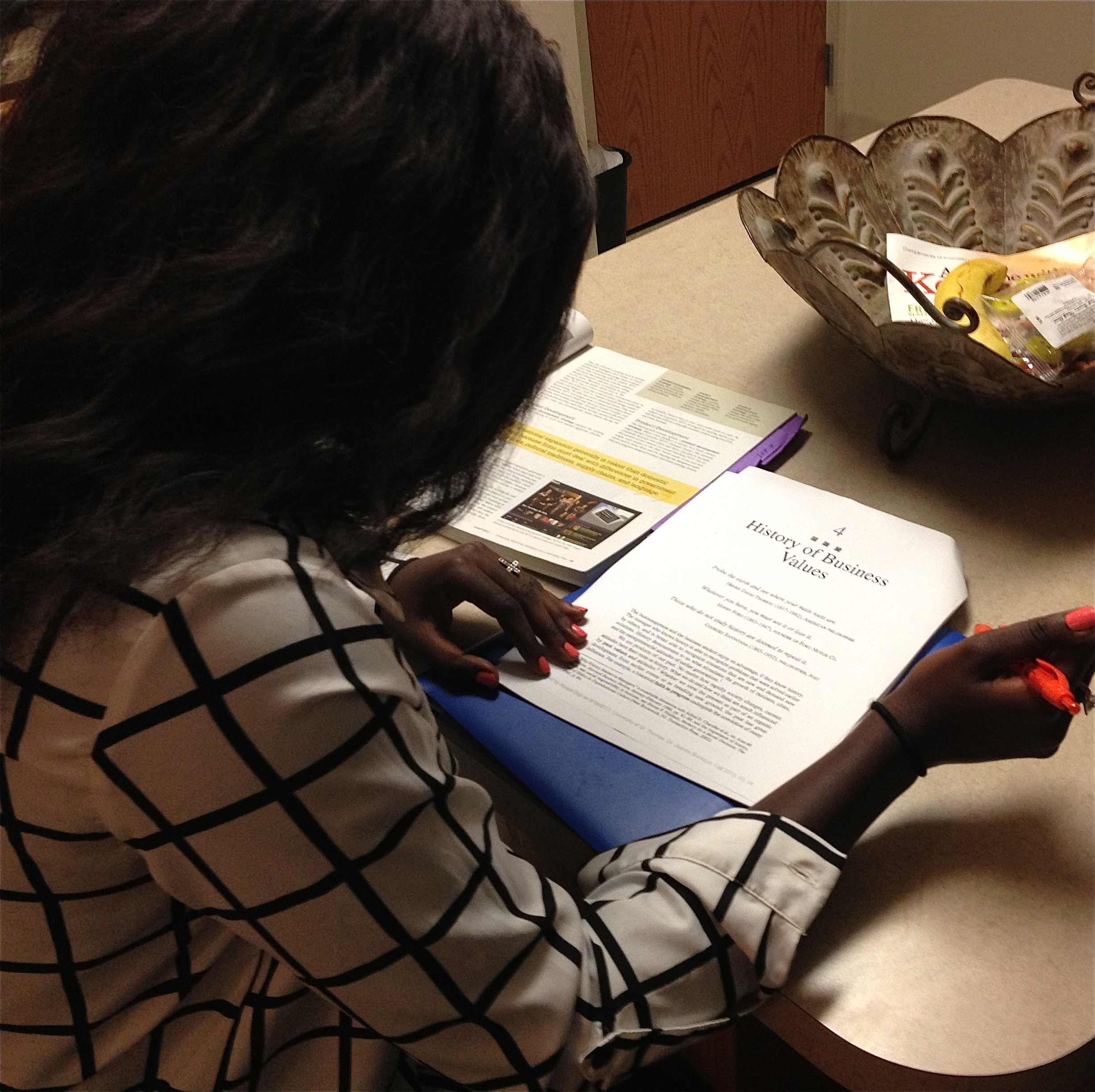A New York Times article exposed gender inequality in Harvard’s Business School among students, but St. Thomas’ Opus College of Business does not fit the findings; in fact, it’s a diverse graduate program, according to Teresa Rothausen, a management professor.

Rothausen said while St. Thomas’ business program does have more men than women, it’s still remarkably better than other programs.
“While I see no reason that our full-time Masters of Business Administration program shouldn’t be half women and half men, we’ve never had a class equally balanced,” Rothausen said. “Our best was 60-to-40, and that put us quite a ways ahead of most of the top-ranked programs.”
As for faculty ratios, the Opus College of Business also boasts diverse statistics in both gender and ethnicity.
“Our business faculty is more gender-balanced than most institutions many of my friends and colleagues at other schools work in, and we have one of the highest proportions of women and of African American faculty,” Rothausen said.
The New York Times pointed out several aspects that make Harvard’s program worthy of investigation, including unbalanced faculty gender ratios, hazing female students and low class participation among women.
Harvard business school dean Nitin Nohria attempted to address the issues. He installed stenographs in the classrooms to monitor biased grading suggested by a grade gap between genders and provided coaching to female professors.
For St. Thomas MBA student Sheng Lee Tomar, gender inequality is such a “non-issue” that she said she thinks St. Thomas does not need to attempt any gender equalizing techniques like Harvard.
“I don’t really see gender inequality as an issue, and so I haven’t seen any specific activities geared toward balancing that piece,” Tomar said. “I feel like it’s such a non-issue that we don’t even have to address it. Women are just seen as equals.”
MBA student Shannon McDonald said she has not noticed a problem with her female professors being inadequate, as the Harvard study suggested.
“We have a lot of female professors in our program, and they are very loud, very opinionated, very supportive,” McDonald said. “I’ve never felt disenfranchised by being a woman.”
In the article, a female Harvard student mentioned the “frustrations of a group of people who feel ignored.” Rothausen said female business students might feel ignored in the field because the business sector tends to value more masculine traits.
“Both women and men have values and behaviors traditionally seen as feminine—such as collaboration, teamwork, focus on people, dialogue and consensus—and masculine, such as competition, focus on task, direction and command,” Rothausen said. “The dominance of gender in business results in many business organizations overvaluing the masculine and undervaluing the feminine. When women come into this environment, they have to learn to speak a new language.”
Tomar visited Harvard when looking at MBA programs, and she said the school may experience gender inequality because of the type of people Harvard admits.
“Harvard is so competitive and it breeds a certain level of arrogance,” Tomar said. “I think when you have that arrogance or when you think you’re better than other people, it’s so much easier to cross that line (of gender discrimination).”
The article also explored how women at Harvard would do fairly well on exams, but lacked in class participation. Junior Devon Quist said he thinks this does not have to do with gender discrimination, but is rather a matter of confidence.
“I think that the biggest thing about participating in class comes down to confidence. I don’t think that it is a matter of sexism or gender,” Quist said.
McDonald said she is proud to be a part of an MBA program that fosters gender equality.
“It actually made me proud to be a part of St. Thomas when reading that article,” McDonald said. “We do a really good job of having everyone’s voice be heard.”
Kayla Bengtson can be reached at beng2004@stthomas.edu.

